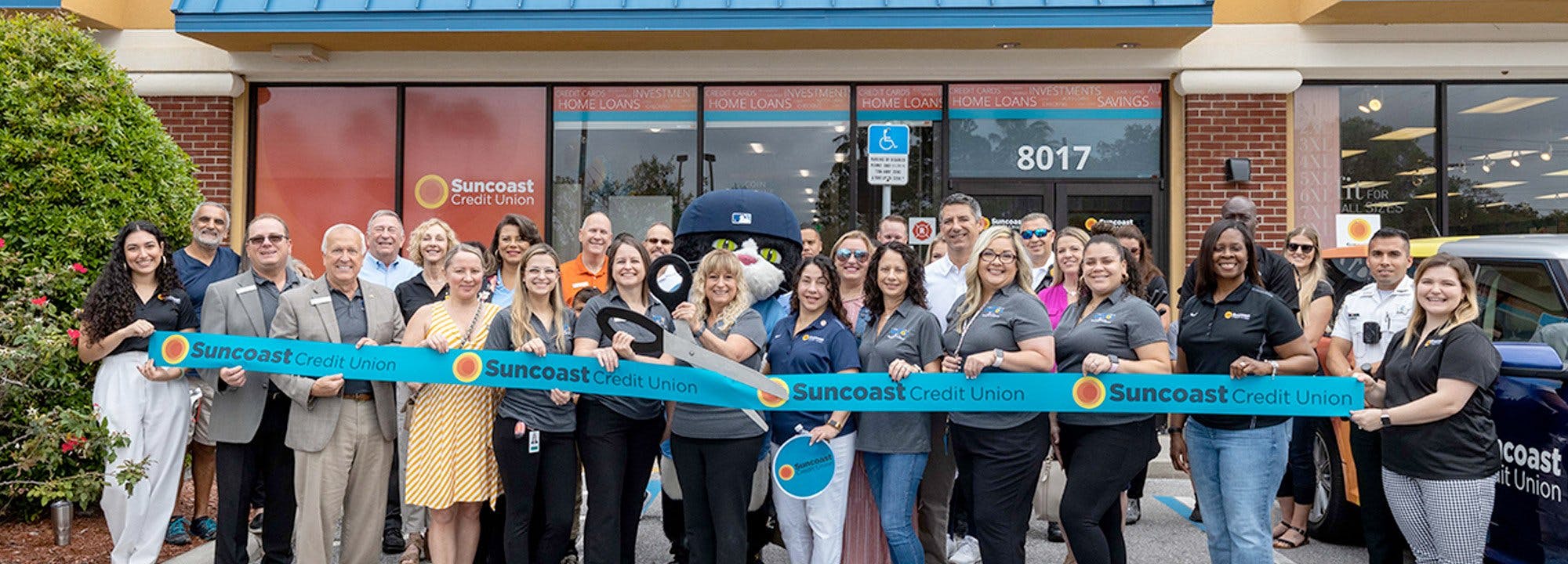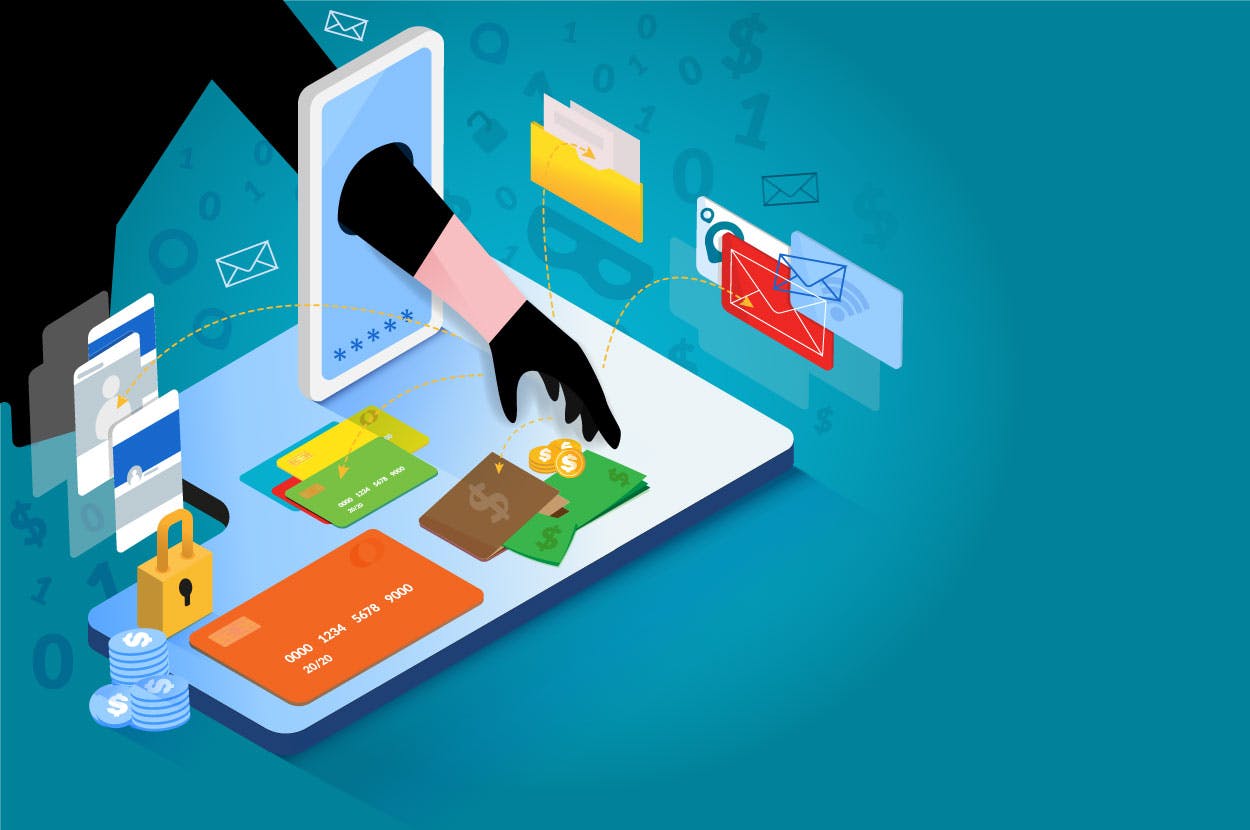Florida Life
Hurricane Recovery Guide: What to Do After a Storm
May 31, 2023

Hurricanes are stressful. Before the storm there is a ton of storm preparation to do. During the storm you have to keep your family safe. But even after the storm is over, the aftermath can still have a major impact on you, your home and your family.
As you assess the damage and begin cleanup, there are other steps you can take to help make your recovery experience easier to manage. This guide can help you navigate through what to do after a storm to protect your finances and stay safe.
How to Handle Insurance after a Storm
When you begin the insurance process after a hurricane, keep in mind that thousands of people may be in the same situation as you. It may take some time for your claim to be processed, so try to be patient.
Here is some advice for how to handle insurance after a storm:
- File your claim online or over the phone directly with your insurance carrier
- The order of when your claim will be handled is based on how severe the damage was, beginning with uninhabitable homes and moving down to the homes with the lightest damage
- If you are unsure whether or not you have a claim, file it anyway because weather-related claims won’t raise your premiums
- If your home was damaged due to rising water, flood insurance is needed to file a claim
- Check your insurance policy to see if there is a separate deductible for wind-related or hurricane-related damage
- Do not sign any form unless it is from your specific insurance adjuster
Be Careful to Avoid Post-Storm Scams
Unfortunately, disasters tend to bring out scammers. One scam has people pose as contractors and reach out after a hurricane with a promise to make repairs.
They might come door to door or call, and they will likely ask for some money upfront. Once they get cash or trick you into sharing personal details, they disappear without fixing a thing.
Make sure that any repair work is done by a legitimate contractor that you’ve researched and vetted.
In short, you should always maintain the rights to your own policies.
Scammers will also use emotional times to create fake charities or do phishing attempts while posing as real charities. If you’re moved to donate, make sure it’s a trusted organization. Go to the organization’s website directly or verify legitimacy using the Better Business Bureau's Wise Giving Alliance, GuideStar, Charity Watch, or Charity Navigator.
Scammers may also pretend to be from or working with financial institutions. They reach out to people using social media or email and pretend that they can get you approved for an emergency loan or similar type of relief.
Do not give out your personal information and never apply for a “loan” unless it is directly from your financial institution.
Contact Your Creditors if You’re Having Trouble with Payments
Sometimes during an emergency, you may end up dipping into your savings or maxing out your credit cards to cover your extra hurricane-related costs. If you are in a situation where your emergency costs are making it difficult to pay your bills, contact your creditors right away.
Don’t miss a loan, mortgage or credit card payment without speaking to your creditors first. If you skip a payment, you may be liable for the appropriate penalties. However, if you reach out to your creditors and explain the situation, you may be able to work together to come up with a solution.
Hurricane Relief Resources
If your home is without power or you’ve suffered damages during the hurricane, you may need some help. Check out these resources for assistance and more:
- Residents who sustained losses can apply for assistance by registering online at www.DisasterAssistance.gov or call 800.621.3362 (FEMA) or 800.462.7585 (TTY)
- Apply for assistance and more from FEMA
- Find out if your area has been declared for Individual Assistance
- Call the Florida Emergency Information Line at 800.342.3557
- Text “FLRESPONDS” to 888777 to receive updates via text
- Learn more about Disaster Unemployment Assistance options
- Find out about tax relief in disaster situations
There are additional relief resources for business owners who were impacted by a hurricane:
- Get information about business damage assessment, disaster loans and more from the Florida Virtual Business Emergency Operations Center
- Get help navigating the recovery process for your business by calling the Disaster Help Desk at 888-MY-BIZ-HELP (888.692.4943)
- Learn more about the Florida Small Business Emergency Bridge Loan program
- Learn more about disaster loans from the Small Business Administration (SBA)
Properly Endorse Insurance Checks
If you end up getting an insurance check for post-hurricane relief, make sure that you properly endorse it before you deposit it.
These checks sometimes have more than one name on them, so it is crucial for all parties to endorse the check. If not, the check could be returned and the funds could be removed from your account until the proper endorsements are made.
You may have a check that is made out to you and your financial institution or mortgage company. If this is the case, your financial institution or mortgage company would have to endorse the check, as well.
You can bring the check to your financial institution to get an endorsement. Contact your mortgage company directly to learn the best way to get their endorsement.
When the financial institution or mortgage company signs off on the check, they are acknowledging the item will be deposited to the account holder. At that time, it would be the responsibility of the account holder to assure they have the repairs completed with the insurance funds.
Going through a hurricane is hard enough, so make it easy for your financial institution to get your insurance check into your account as soon as possible by having all parties properly endorse the check before deposit.
Suncoast members, we are here for you after any disaster. Go to suncoastcreditunion.com/disaster after a storm to get information about what we’re doing and how we can help.
Category
Florida Life
Tags
Find a Branch or ATM
We’re local, serving multiple counties in Florida


